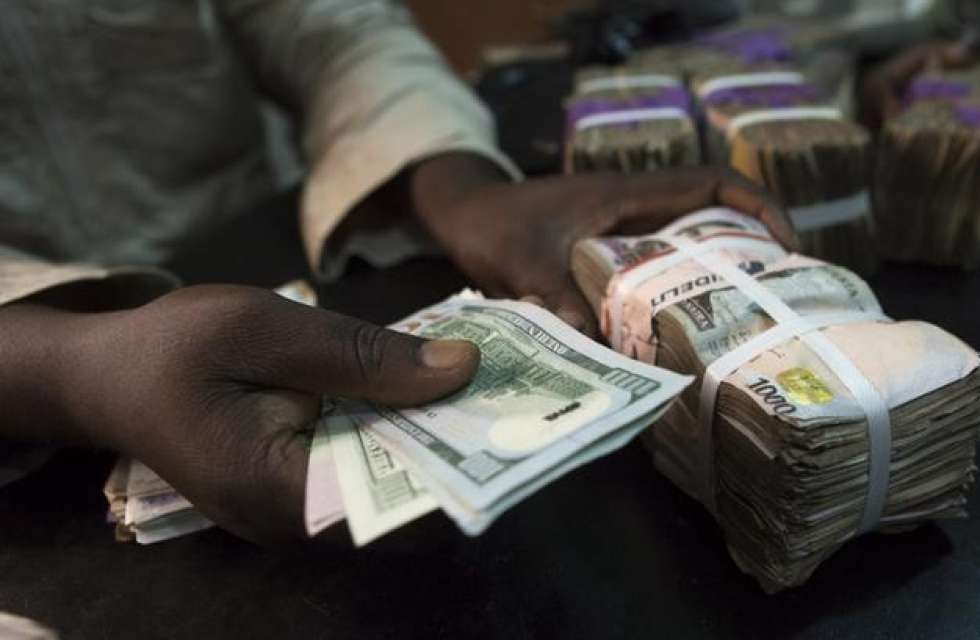The Central Bank of Nigeria (CBN) issued a press statement on June 18, 2023, providing further guidance to Deposit Money Banks (DMBs) on the operational changes to the foreign exchange market announced on June 14, 2023.
The statement followed an extraordinary Bankers’ Committee meeting held to discuss the implementation and implications of the policy changes for the banking public.
According to the CBN, the policy changes aim to promote transparency, liquidity, and price discovery in the FX market in order to improve FX supply, discourage speculation, enhance customer confidence and ensure overall stability in the FX market.
According to the new rules, all visible and invisible transactions (medicals, school fees, BTA/PTA, airline, and other remittances) are eligible for the Investors’ and Exporters’ (I & E) window.
READ ALSO: Naira devaluation: MAN expects import costs to rise, economic uncertainties
Similarly, DMBs shall ensure expeditious processing of all eligible invisible transactions on behalf of their customers using the applicable rate at the I & E window, and ordinary domiciliary account holders shall have unfettered and unrestricted access to funds in their accounts.
Domiciliary account holders are permitted to utilize cash deposits not exceeding USD$ 10,000 per day or its equivalent via telegraphic transfer.
DMBs shall provide returns to the CBN including the purpose for such transactions.
Cash deposits into domiciliary accounts will not be restricted, subject to DMBs conducting proper KYC, due diligence, and adhering to the spirit and letter of extant AML/FT laws and other relevant rules and regulations.
The CBN will prioritize orderly settlement of any committed FX forward transactions as they fall due in order to further boost market confidence.
The Bank will normalize its CRR maintenance processes and ensure equity in its implementation across the banking industry.
The CBN assured the banking public that it remains committed to ensuring a stable and efficient FX market that meets the needs of all legitimate users.
Before now there was a restriction on how much cash Nigerians can withdraw from their domiciliary accounts. The restriction was also clouded with a lot of confusion as no one was sure how much cash they could withdraw.
The new guidelines also mean Nigerians can now make forex transfers from one domiciliary account to another even if it is in another bank. This was previously not possible as transfers were only permitted within the same bank.

 Entertainment1 week ago
Entertainment1 week ago
 Business1 week ago
Business1 week ago
 Health1 week ago
Health1 week ago
 Business1 week ago
Business1 week ago
 Latest1 week ago
Latest1 week ago
 Entertainment1 week ago
Entertainment1 week ago
 Football1 week ago
Football1 week ago
 Entertainment5 days ago
Entertainment5 days ago

